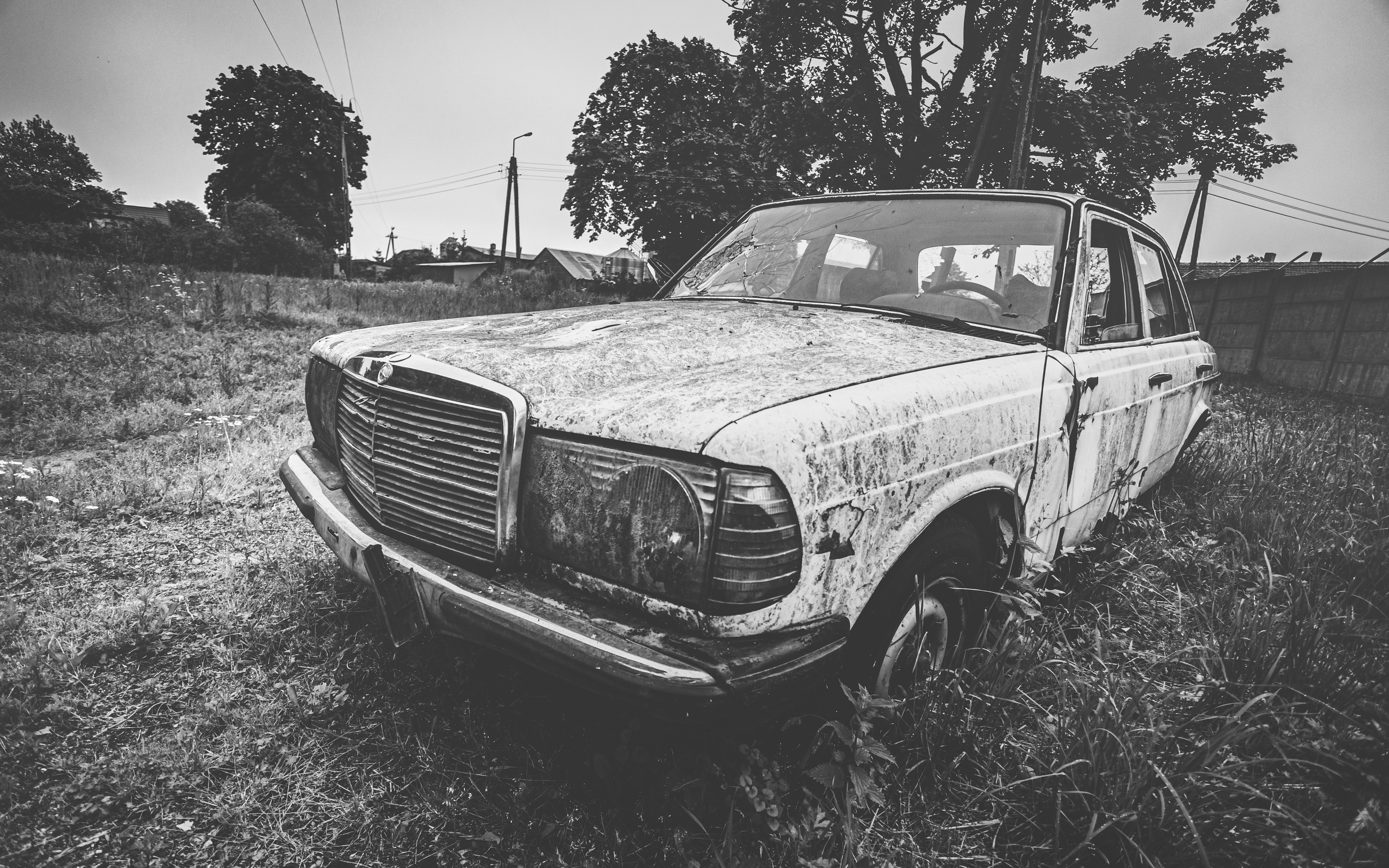Car accidents happen on a daily, if not minute by minute basis. These accidents tend to happen for multiple reasons across the United States, including distracted driving, drunk driving, breaking the speed limit, reckless driving, driving in bad weather, not stopping for red lights, and nighttime driving. Approximately 6 million accidents happen each year in the United States, as people use their cars for work, pleasure, and recreation. Many of these accidents, unfortunately, end in legal charges (such as a DUI), bodily injury, or even death. Whatever the reason, when a car accident occurs, in many cases the automobiles are damaged beyond repair.
When this happens, if you are insured, in many cases the auto insurers might decide to pay you the value of the automobile. They’ll decide to do this rather than making repairs on the vehicle after an accident. In cases like this, the automobile is perceived as having lost value, and the cost of repairs and possible salvage would exceed the cost of the insured’s value. The auto insurance company has come to the conclusion that it’s just more valuable for them to pay out the cost of the vehicle and have the insured pay for a new equivalent which has just as much value, if not more. This is often seen as an “actual total loss”. Read on for more insight into the worlds of car insurance and write-offs.
How can you determine if a car is a write-off?

Let’s say that you weren’t killed, subjected to DUI charges or criminal charges, or suffered a bodily injury during your accident. You’ve contacted your insurance company for assistance, and after reviewing your insurance policy, the insurance company determined that your automobile needs to go through the write-off process. United States base insurance companies like Geico, Allstate, and Liberty Mutual all follow some form of the same process when it comes to processing write-offs.
The first thing which a car insurance company will do to determine if a car is worth a write-off will be to have an appraiser check out your vehicle. They are the ones who will handle the paperwork required to get you through the write-off process. In most cases, the appraiser for the auto insurers in the United States will calculate how much your vehicle was worth prior to the accident, as well as comparing repair costs to the vehicle’s actual cash value. After this, they will determine if repairs are feasible or if the car needs to be written off.
When an appraiser is looking at a car to determine if it is worth a write-off or not they are checking various things and consulting with the insurance company. These factors include the year, make, model, odometer reading, type of engine, independent market survey reports, and the value listed in industry-standard publications. These help an appraiser to get closer to answering the question of if a car has hit write-off status as determined by your car insurance company. Eventually, what will happen at the end of the appraisers’ investigation is that they will adjust the correct selling price to figure out what the actual cash value of the damaged automobile is, after reviewing the case with your insurance company.
What happens when your car is a write-off?
So let’s say that your car has gone through the write-off investigation process after a pretty bad accident, and it’s been determined that it is indeed a write-off. Figuring out what to do with your automobile is not as complicated as say, figuring out the role of criminal defense lawyers within the legal system. You have a few options when it comes to dealing with a write-off, which can provide you with some peace of mind.
First and foremost, let’s say you disagree with the settlement offer you receive for your car from your insurance company. You believe that the value of the automobile is higher than what your insurance company is offering. In this case, you can present your own evidence of vehicles that compare to yours and then present a counter offer. Hopefully, your insurance company will be willing to reach a middle ground when it comes to determining the cash-out value of your car.
In the United States, your car is determined to be “irreparable” the vehicle can only be used for parts. You cannot repair it or drive it. If the car received a designation of “salvage” you have to have the vehicle repaired and inspected in order to legally operate it. If there aren’t any structural or safety issues, there’s a possibility that you can keep the damaged vehicle.
Though most people feel there’s not really a reason to do this, having the vehicle on hand in case you possibly want to sell it for parts is a good idea. Having multiple options on what to do with your vehicle after a write-off process is another step in this procedure, and can provide you with some peace of mind.




